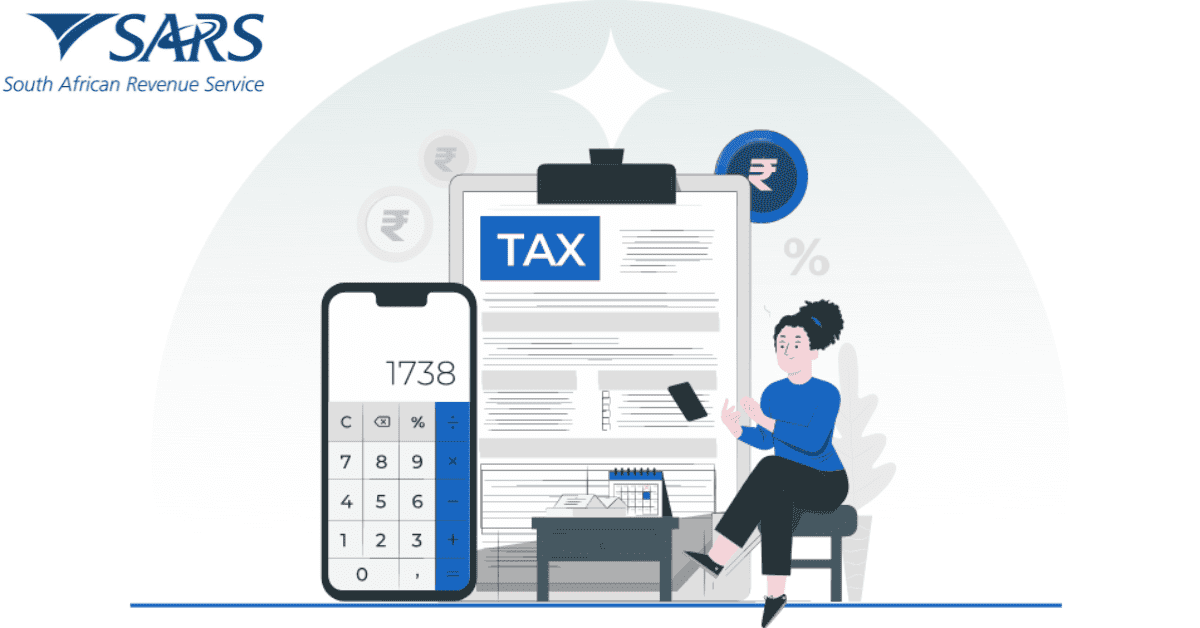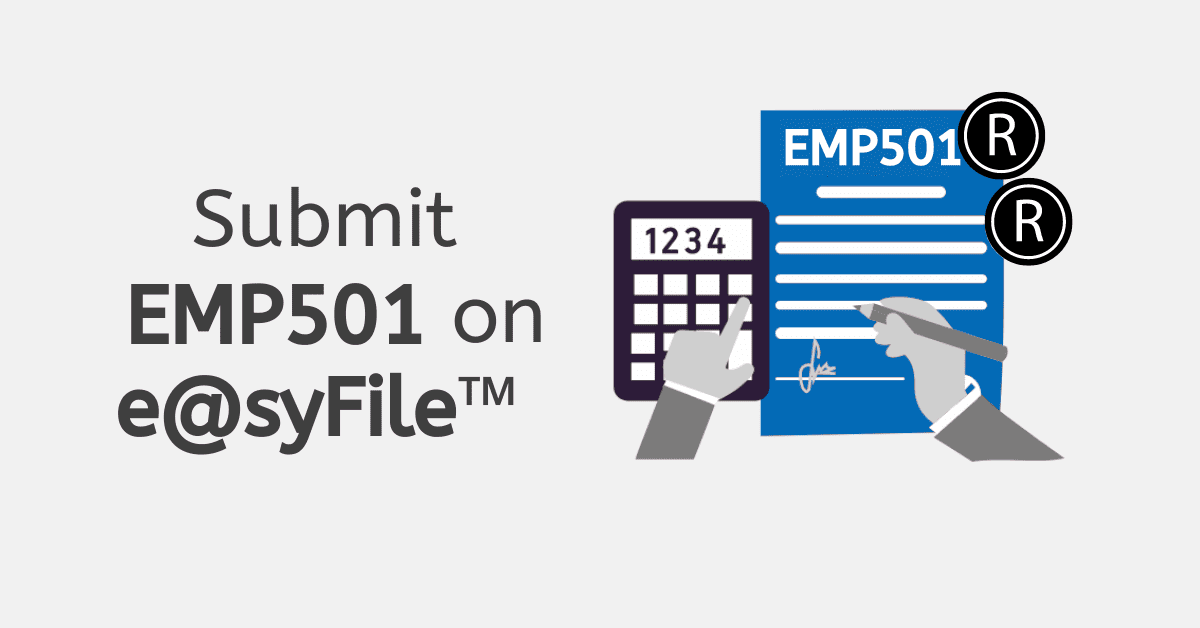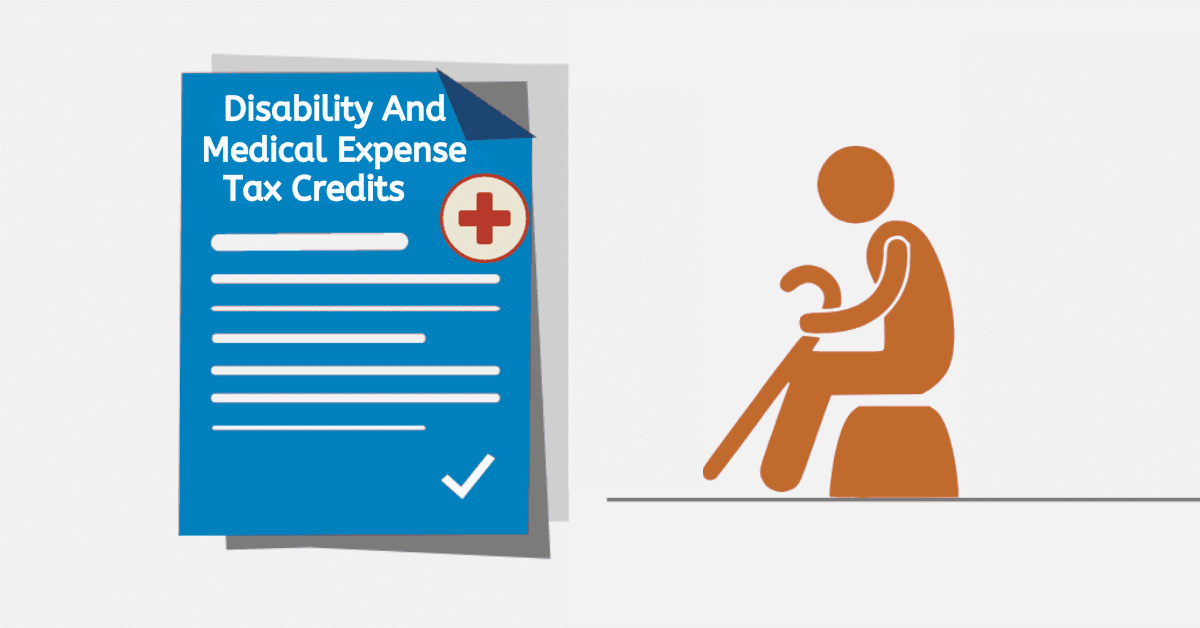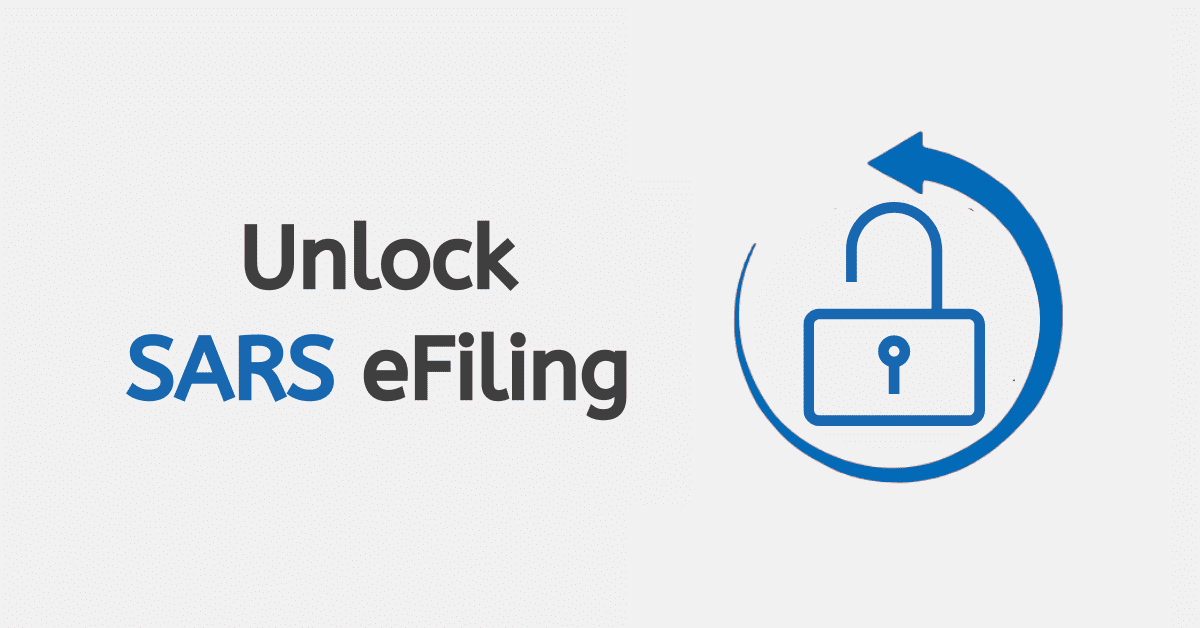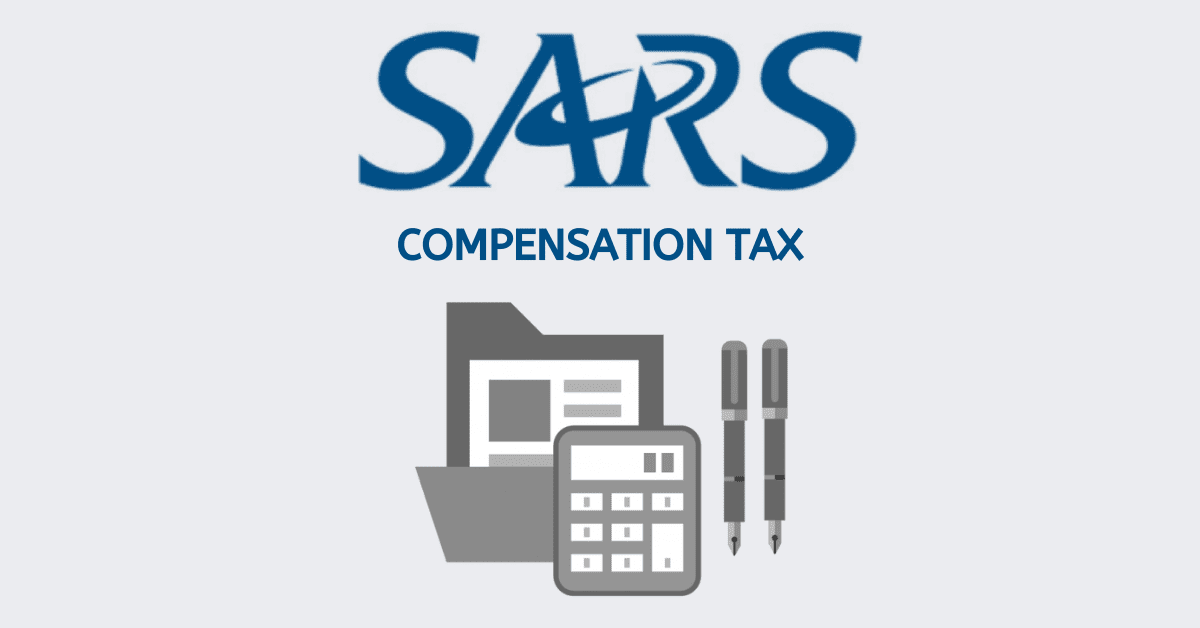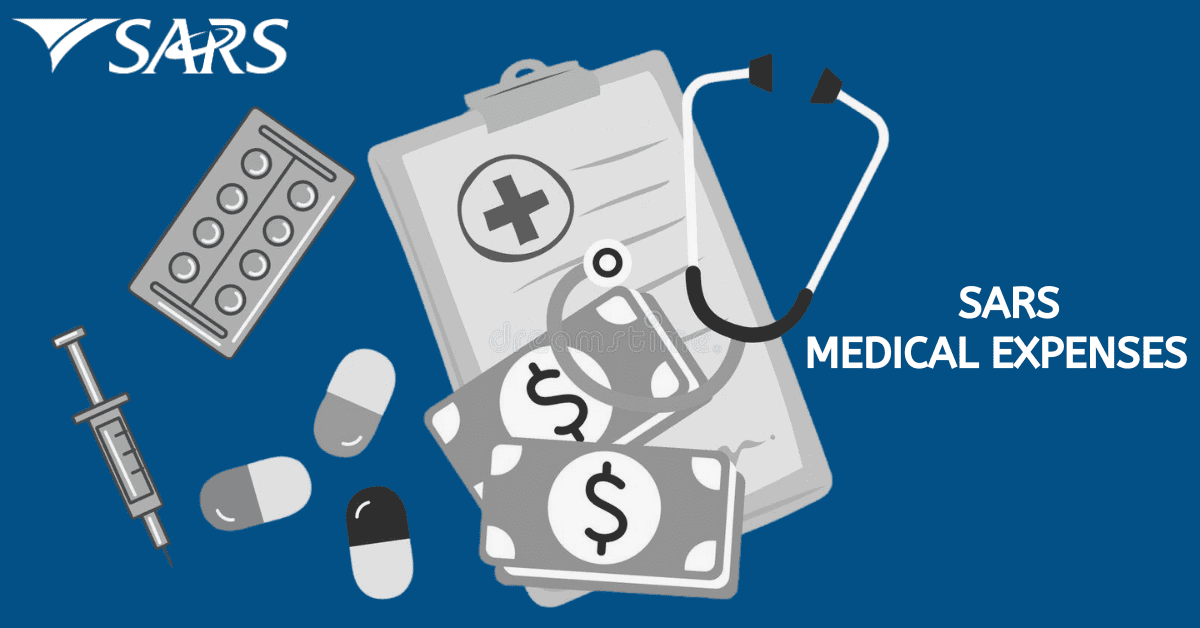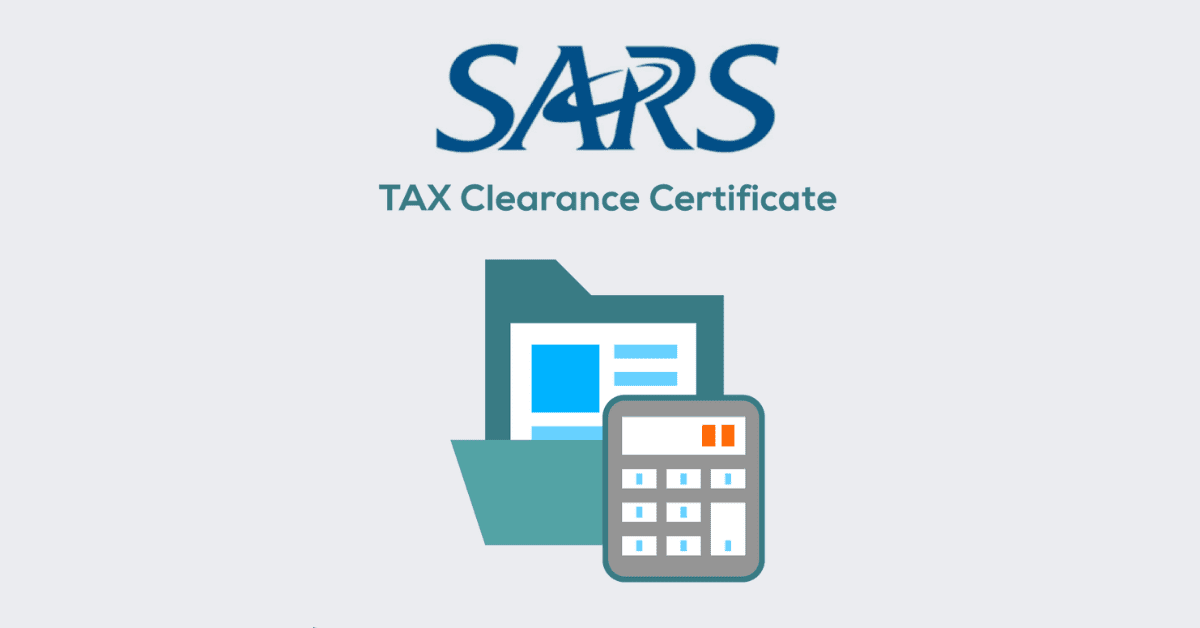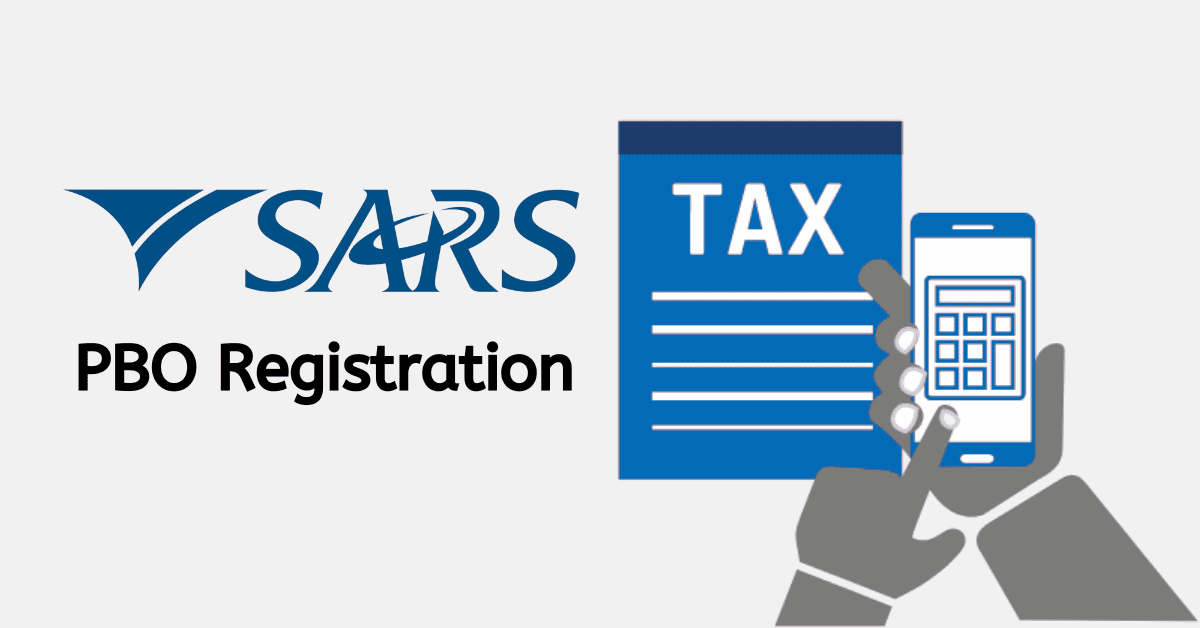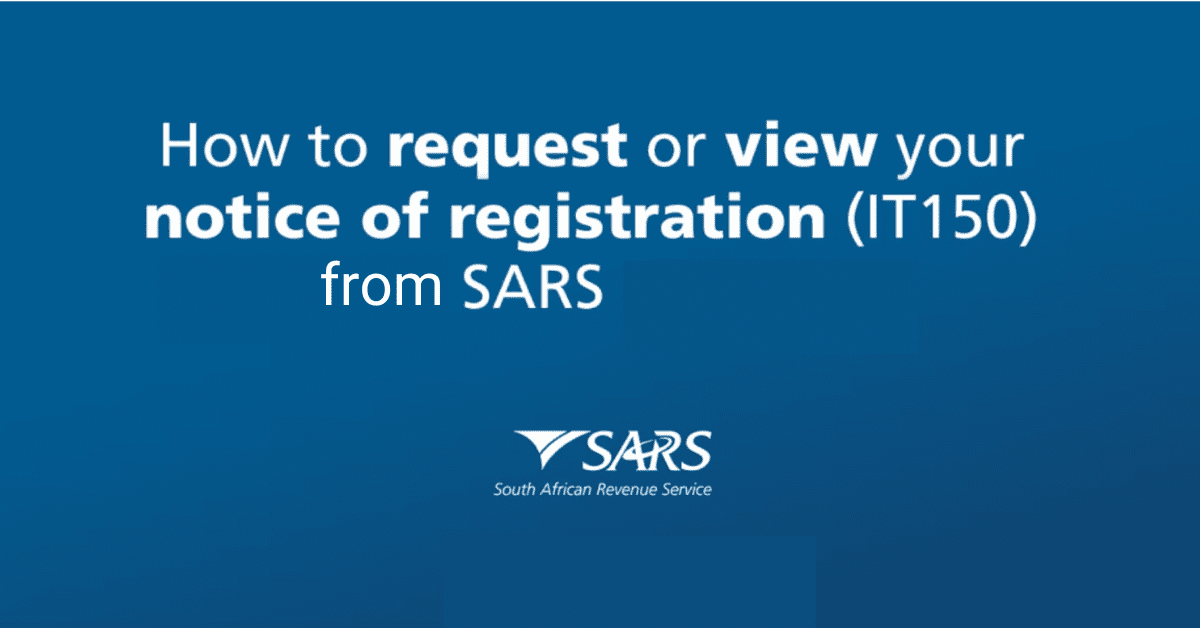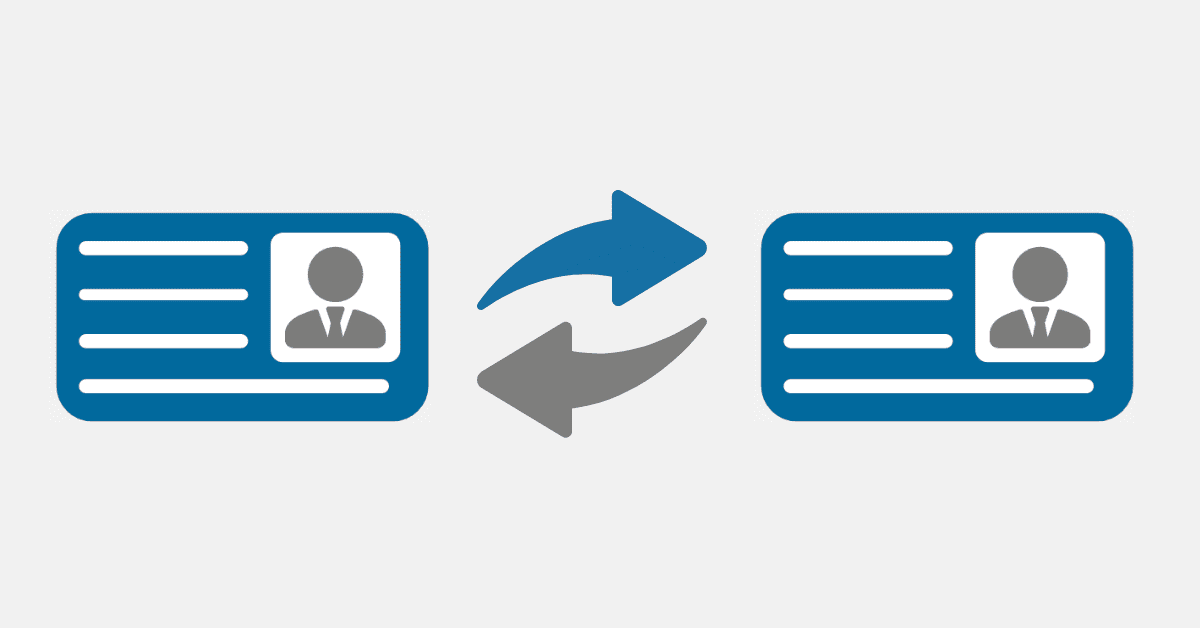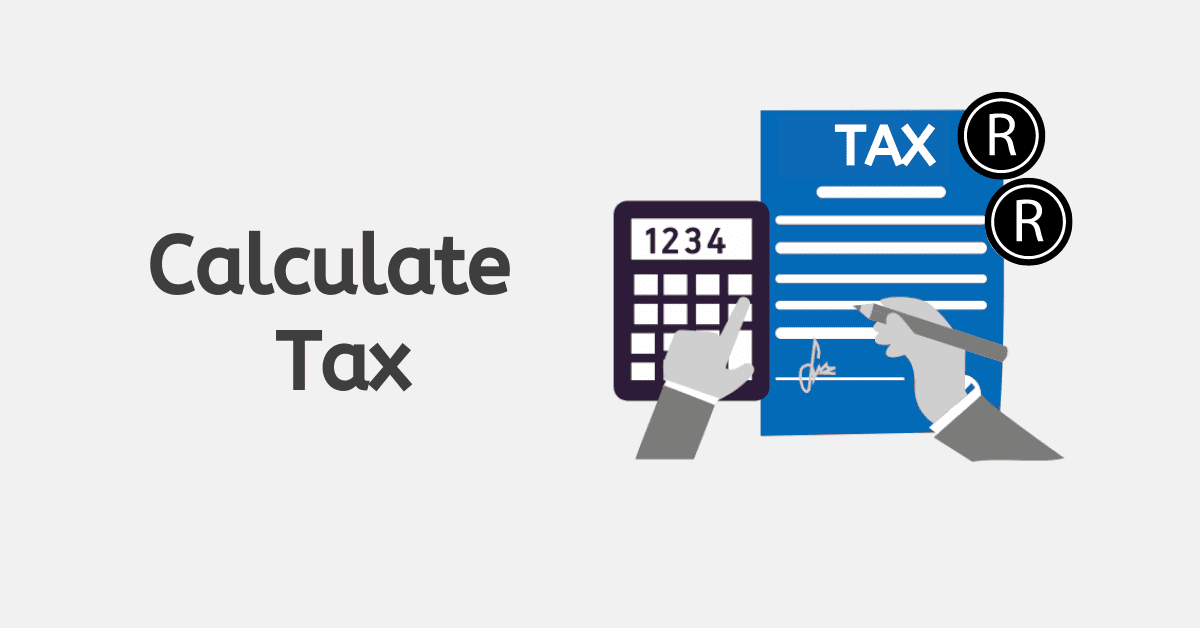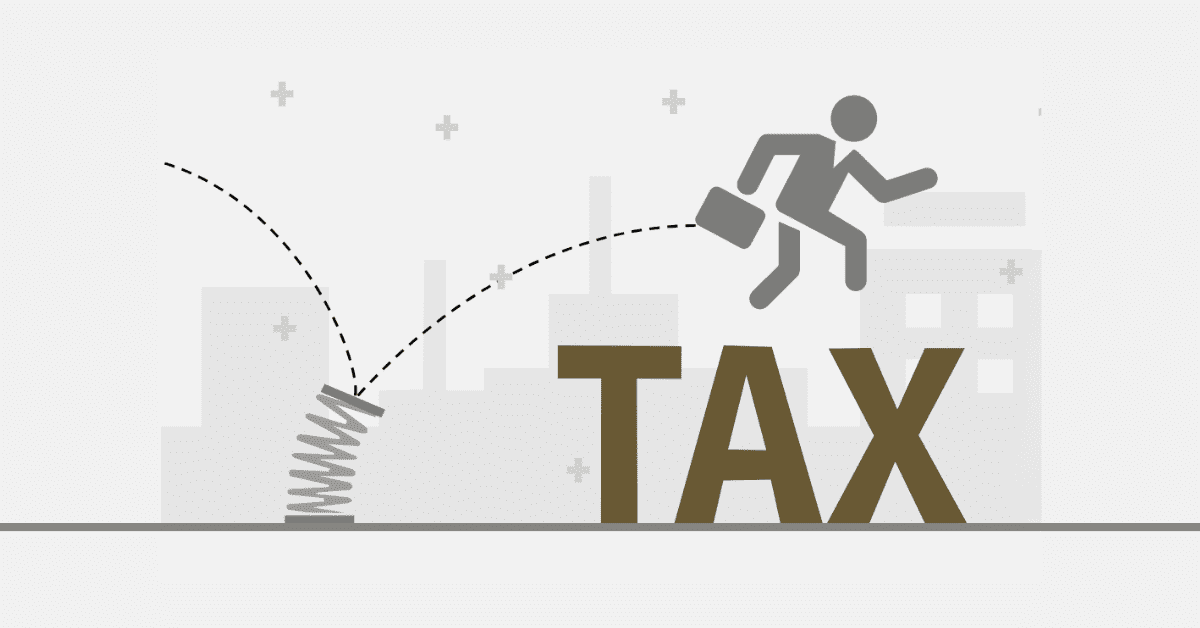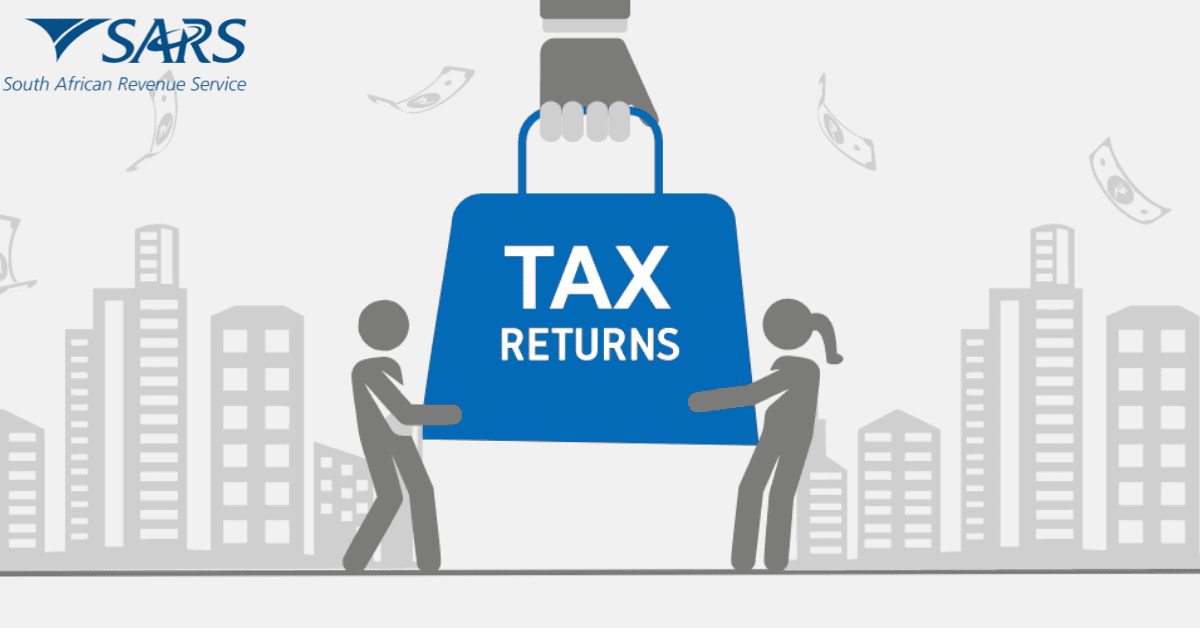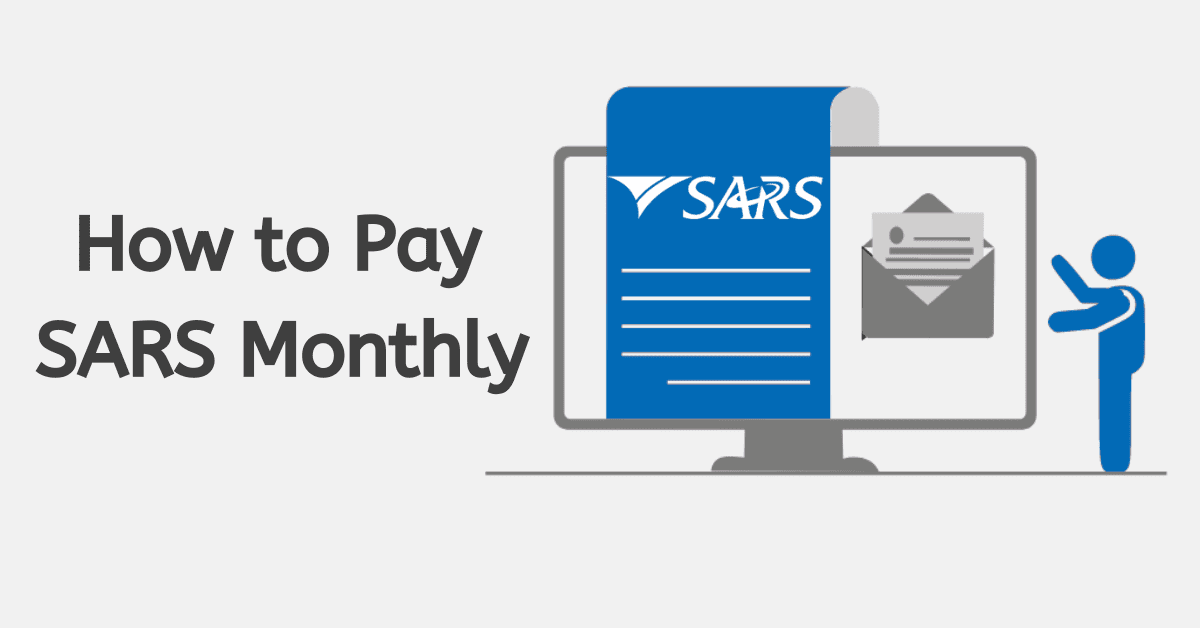The South African value-added tax (VAT) plays an indispensable role in the indirect taxes’ space, as it is levied on the goods and services consumption. Upon the products’ arrival into South Africa, they are subjected to the levying of customs fees and import VAT. The event might be likened to a reception, wherein the merchandise must fulfill the financial obligations prior to being freed from the jurisdiction of SARS Customs.
The VAT deduction is implemented upon the discharge of goods in accordance with the Customs and Excise Act, effective from April 1, 2015. The aforementioned phenomenon can be likened to a pivotal juncture in the individual’s progression. However, the completion of this procedure necessitates the submission of certain documentation, such as a “EDI Customs Status 1 Release Message,” a duly authorized bill of entry, and the accompanying tax payment receipt generated through the eFiling system.
Moreover, it is noteworthy that in the case of imported products being facilitated by an agent, it is mandatory for the agent to furnish a comprehensive statement to the vendor within a period of 21 days. This statement should encompass crucial details pertaining to the imported goods. The correspondence resembles a postcard originating from the merchandise, providing the merchant with a comprehensive account of their voyage.
What is Customs VAT in South Africa?
Imagine you’re on a journey, and your destination is the Republic of South Africa. As you pack your bags with goodies from around the world, remember there’s a little something called Customs VAT waiting for you at the border.
This tax, a bit like a toll gate, is a part of the journey of every item that enters South Africa. It’s all under the watchful eye of SARS Customs, who collect this tax as per Section 7(1)(b) of the Value-Added Tax Act 89 of 1991.
Now, how much is this toll gate fee, you ask? Well, the VAT rate in South Africa is currently 15%. But wait, there’s more! There’s also a 10% upliftment factor added to the calculation of VAT on imported goods.
But don’t worry, it’s not all bad news. If you’re importing goods from specific countries like Botswana, Lesotho, Namibia, or Eswatini, this upliftment may not apply.
So, how do they calculate this VAT? It’s based on the added tax value (ATV), which includes the customs value, 10% upliftment (if applicable), and any non-rebated duties on the goods.
How much is Customs in South Africa?
This VAT, or Value-Added Tax, is like a ticket for your goods to enter the country. It’s collected by the folks at SARS Customs and is currently set at a rate of 15%. This is as per the VAT Act’s Section 7(1)(b).
But, how do you tell the figures you owe? They calculate something called the added tax value (ATV). This includes the customs value of your goods, any non-rebated duties, and an upliftment factor, if applicable.
Here’s where it gets interesting. If your goods are coming from India or China, there’s an extra 10% upliftment of the customs value. This upliftment gets added to the mix when calculating the ATV, which in turn determines the overall VAT payable
What is the VAT rate for Customs?
When you import an item, you’ll need to pay a Value Added Tax (VAT), kind of like a fee for bringing goods into the country. The current VAT rate is 15%.
But here’s where it gets interesting. According to Section 13(2)(a) of the VAT Act, there’s an extra 10% upliftment added when calculating the VAT on imported goods. Think of this as a little extra to cover transport and insurance costs. But hesitate no more because SARS doesn’t tthis extra ten percent.
Now, what’s the procedure for VAT calculation? First, we determine the Added Tax Value (ATV). This includes the customs value of your item, the 10% upliftment (if it applies), and any duties that aren’t rebated. Once we have the ATV, we multiply it by the VAT rate to find out the VAT payable
How do I claim Customs VAT in South Africa?
So, you’re a vendor in South Africa and you’ve paid VAT on some imported goods. Now, you want to claim it back. Here’s how you do it:
First, having the docs in order is indispensable. This includes an “EDI Customs Status 1 Release Message”, a valid bill of entry, and the tax payment receipt you got from eFiling. Think of these as your golden tickets to getting your VAT back.
But what if you used an agent to import the goods? Well, in that case, the agent needs to give you a statement within 21 days. This statement will have all the important details about the imported goods. You’ll need this statement when you submit your VAT return to SARS.
And here’s a bonus: if you’re a registered vendor and you’ve overpaid VAT on a bill entry, you can claim this as input tax. But remember, you’ll need to meet all the necessary requirements to do this.
What documents are required to claim import VAT?
Now, you want to claim back the VAT you’ve paid on these goods. Here’s what you need to do:
First off, you need to have some key documents on hand. This includes an “EDI Customs Status 1 Release Message”, a valid bill of entry, and the tax payment receipt you got from eFiling. Think of these as your passport to claiming back your VAT.
But what if you didn’t import the goods yourself and used an agent instead? No worries! Your agent has twenty one days to ensure you have a statement. TIt must feature each piece of info concerning the imported products.
Now, when you’re ready to submit your VAT return to SARS, make sure you have this statement and your other documents ready.
